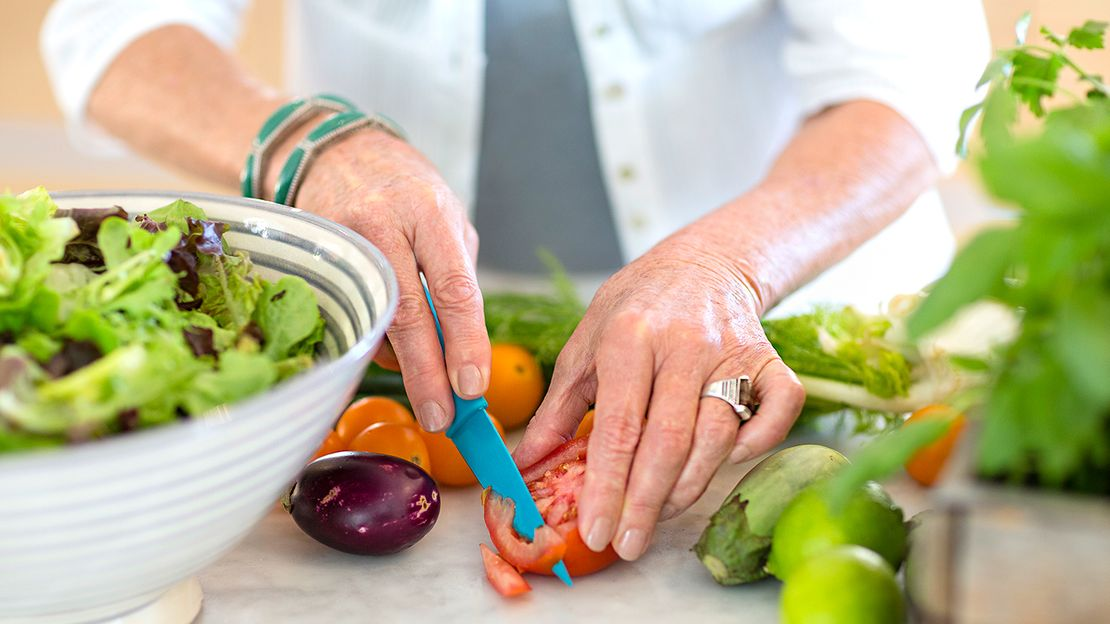You know fruits and vegetables are exactly for you, yet filling your plate with produce is easier said than done. Fret not: If you constantly fall brief of this goal, you’re now no longer alone. Buy our best seller here.
Despite the familiar refrain of nutrition experts (eat more fruits and vegetables), produce consumption has fallen during the last six years, according to the Produce for Better Health Foundation's 2020 State of the Plate report. Adults ages 50 and older, who typically eat the most fruits and vegetables, have shown the vastest declines.
Eating plenty of fruits and vegetables is essential at any age because produce is a top source of fiber and different vitamins which can be necessary for good health. Many of these vitamins had been proven to help prevent or lower the hazard of illnesses that occur as we advance in years.
“As we age, our bodies grow to be more susceptible to chronic diseases, such as heart conditions, gastrointestinal disorders, obesity, and a weakened immune system,” says the New York City-based dietitian Aderet Dana Hoch, RD, who runs the blog Dining With Nature. A diet with plenty of fruits and vegetables can assist lessen excessive blood pressure, lower your risk of coronary heart disease, stroke, and sure cancers, stave off digestive problems, and help you to maintain healthy body weight.
That’s not all. The ascorbic acid in many fruits can help with iron absorption, which is a not unusual place problem for many older adults, according to Harvard Health. There have even been studies linking expanded consumption of Fruits and Vegetables with decreased incidence of dementia and cognitive decline. A look posted in 2017 in Frontiers in Aging Neuroscience looked at 9 research and found a vast association between eating fruit and vegetables regularly and maintaining better cognitive function after age 65.
